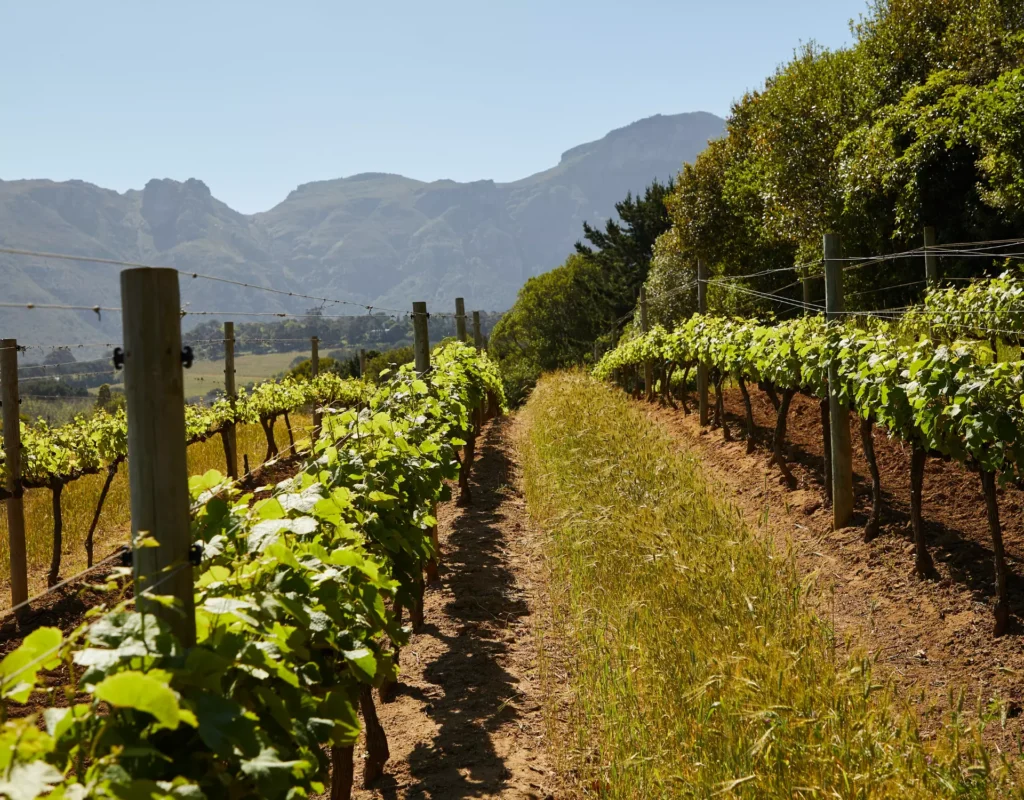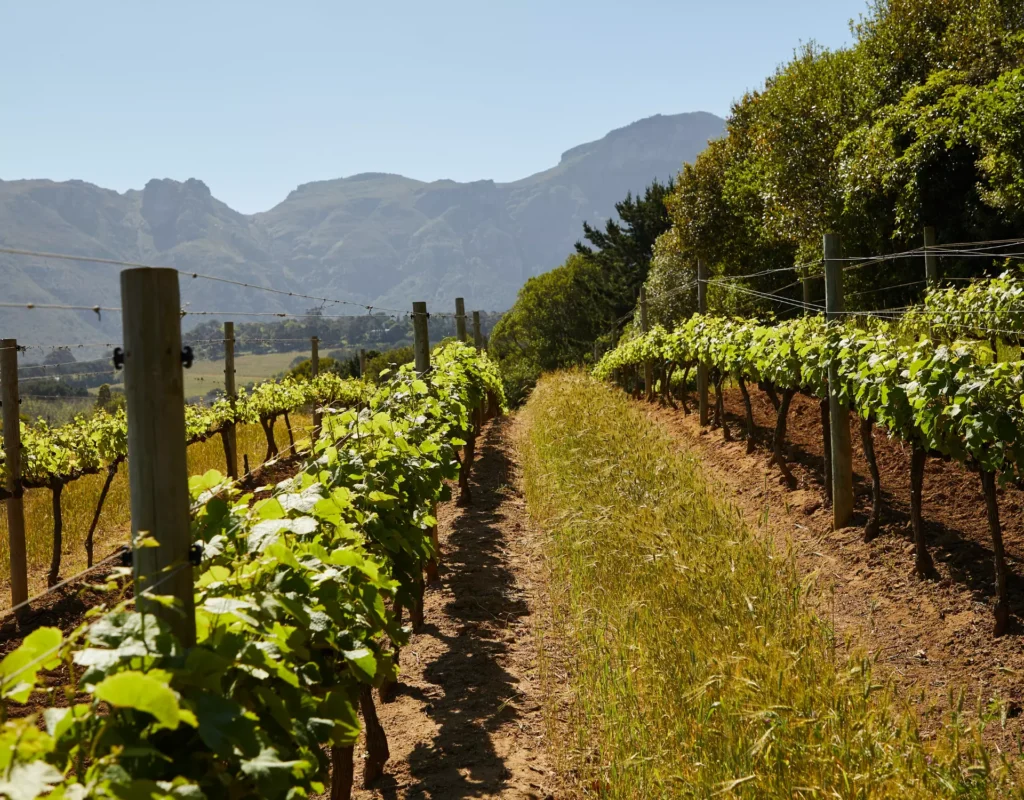
Vinyes Doménech winery has successfully improved the health and functionality of its soil using the BeCrop Test , a microbial soil analysis. In this article, we will provide details of this success story.
What do wineries like ours face?
- Presence of pathogenic fungi in the wood of the vine
- The emergence of Blackfoot and Petri disease
- Lack of vigor in the oldest existing vineyards
- compaction,
- Shallow soils with little organic matter
- Lack of assimilation of nutrients by plants, nutrients that were present, but blocked, in the soil.
In their constant search for more sustainable agricultural solutions and practices, Vinyes Doménech decided in 2017 to evaluate the soil on one of their four terraces, the 28th. To do so, they conducted a study with Biome Makers using the BeCrop Test, a microbial soil analysis that used the microbiome and its interactions, with key indicators: biosustainability, soil health and nutrition. The objectives of this study included monitoring soil health, identifying potential risks, measuring and improving the impact of inputs, agricultural practices and characterizing the biological terrain of the plot.
BeCrop Test confirmed a high concentration of pathogenic microorganisms that can generate disease risks, poor adaptability of the vineyards to stressful situations such as sudden changes or adverse weather conditions, and low availability of soil nutrients for the plants in the plot.
Based on BeCrop’s comprehensive analysis, a step-by-step guide was created to improve these conditions.
- Incorporate beneficial compost with optimal maturity into the soil, which finds a balance with the microbial life already present in the plot and which does not exceed 70ºC in its fermentation process to guarantee the life of the microorganisms.
- Strengthen the vines with treatments against powdery mildew at the foliar level.
- Incorporating pruning wood into the soil, an agricultural practice that had been used until then and which, consequently, caused wood diseases.
In 2020, after three years of improved agricultural practices based on soil functionality analyses, Vinyes Doménech decided to commission a second assessment of plot 28 to measure its progress since the first analysis.
Results of the 2017 and 2020 samplings:
- Increased functionality of the microbiome, that is, the beneficial functions performed by microorganisms in the soil. Beneficial species in the fight against pathogens increased, which reduced the risk of diseases and increased the health of the plot. Blackleg, Petri disease and powdery mildew, among others, disappeared.
- An increase in the availability of nutrients for plants: phosphorus and potassium, previously blocked due to lack of solubilization, as well as magnesium, significantly increased their mobilization.
- Increased presence of phytohormones and stress adapters.
- The plot went from carbon release to carbon sequestration in the soil thanks to a better balance of metabolic pathways, making the vineyard a more sustainable space.
In conclusion, the mortality of the vineyard is now much lower, micronutrient deficiencies have disappeared and the soil is alive. The BeCrop Tests have been a key factor in guiding the changes made at the Vinyes Doménech winery. The new agricultural practices had a positive impact on the vineyard and helped them implement a sustainable and regenerative system in accordance with the Vinyes Doménech philosophy of maintaining the balance between the ecosystem and the crop. Proof of this was the recognition of “Qualified Estate Wine” by Incavi and DO Montsant and the Vinyador Award of the same Denomination of Origin awarded in 2019.




